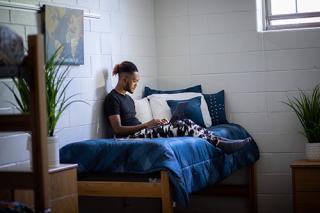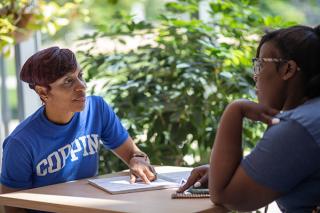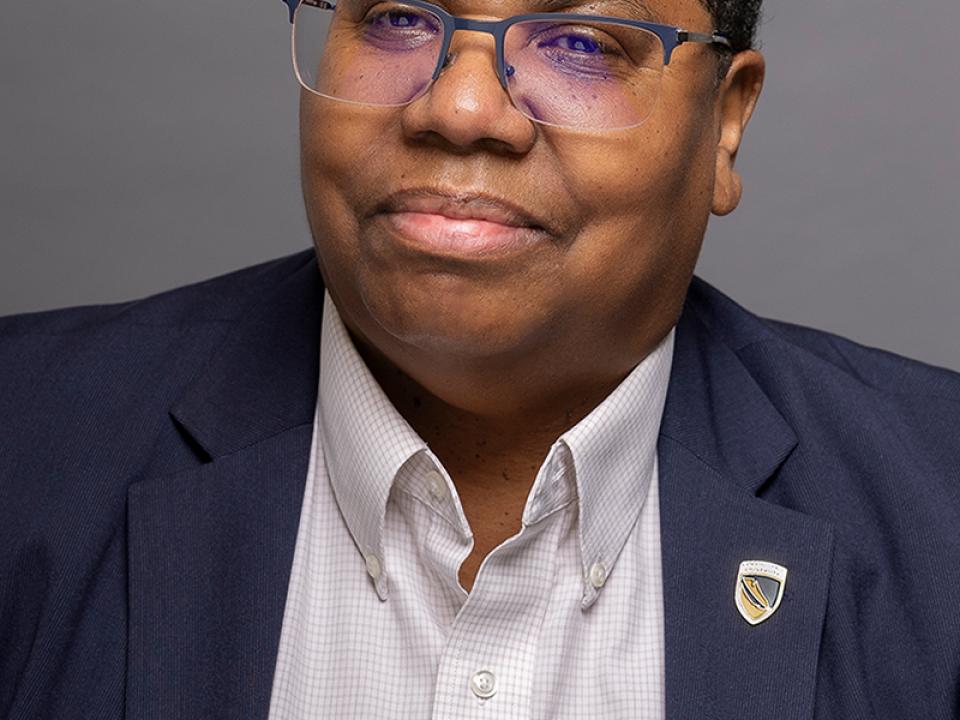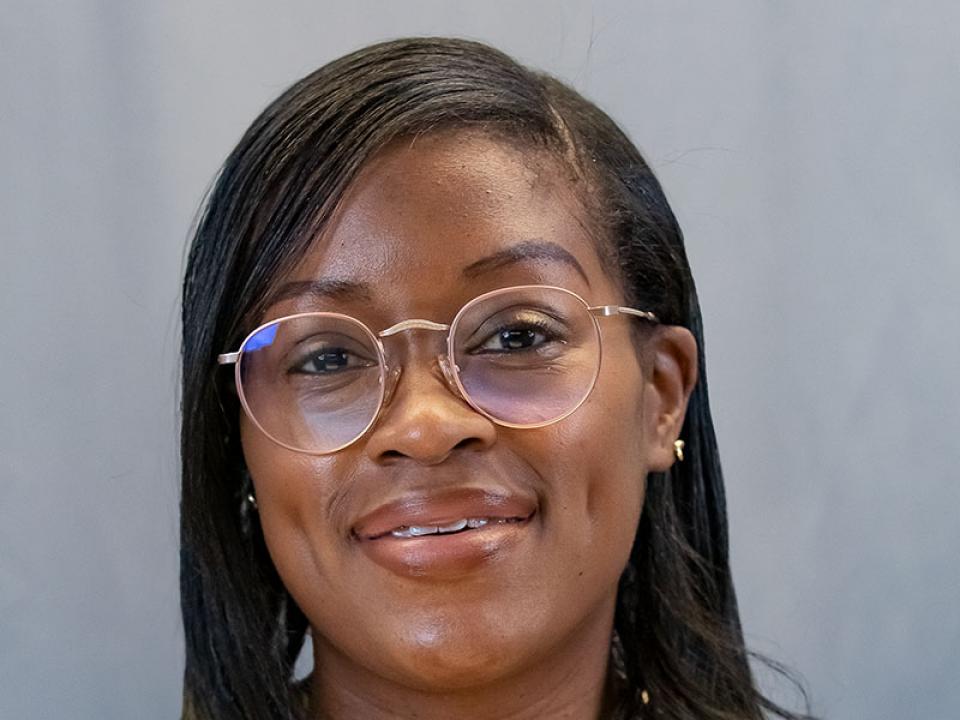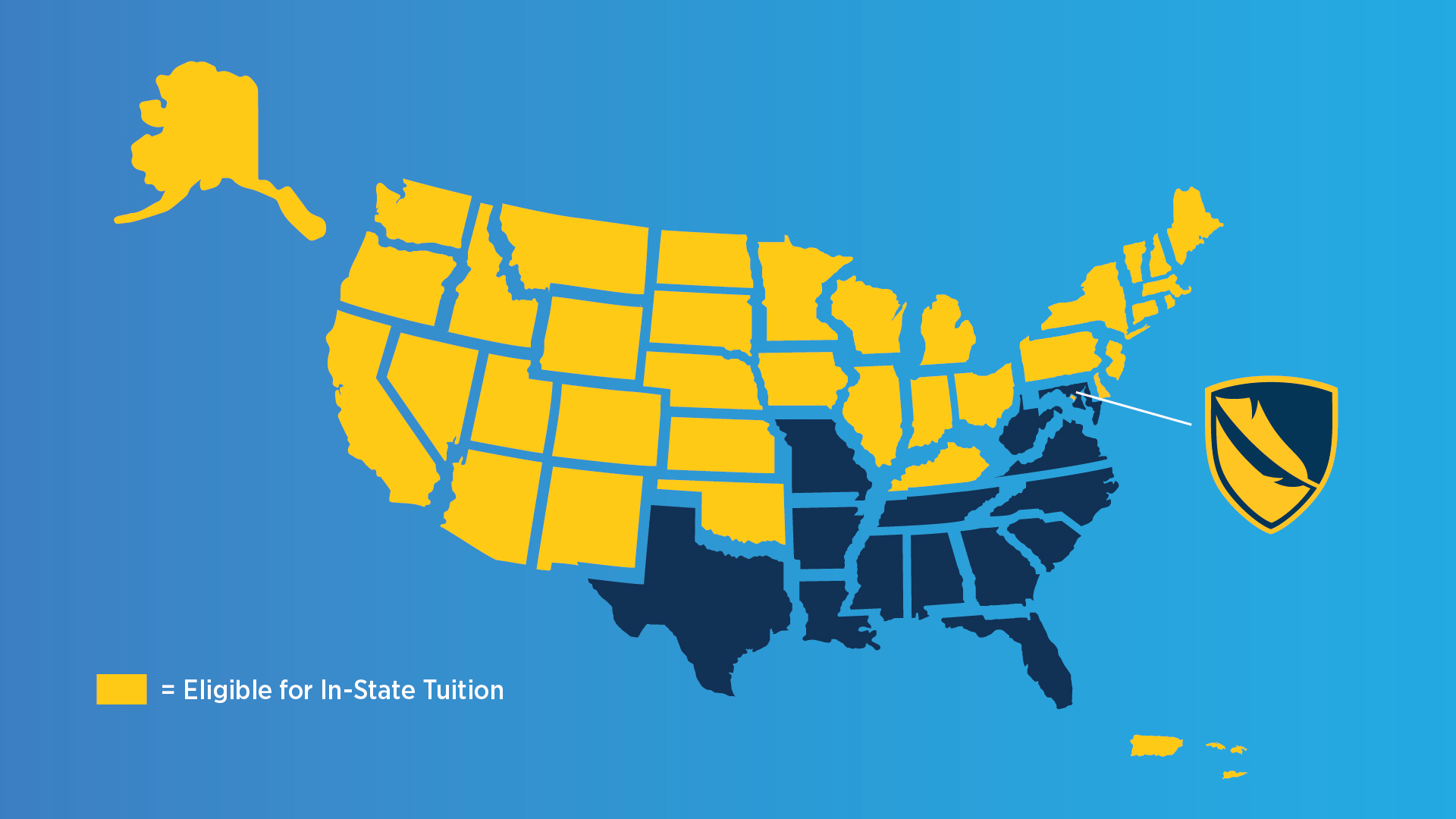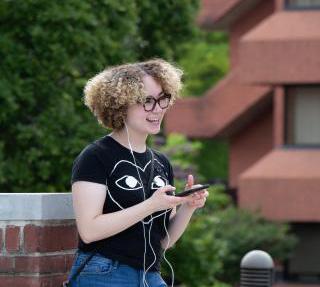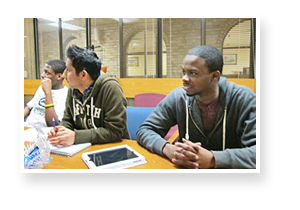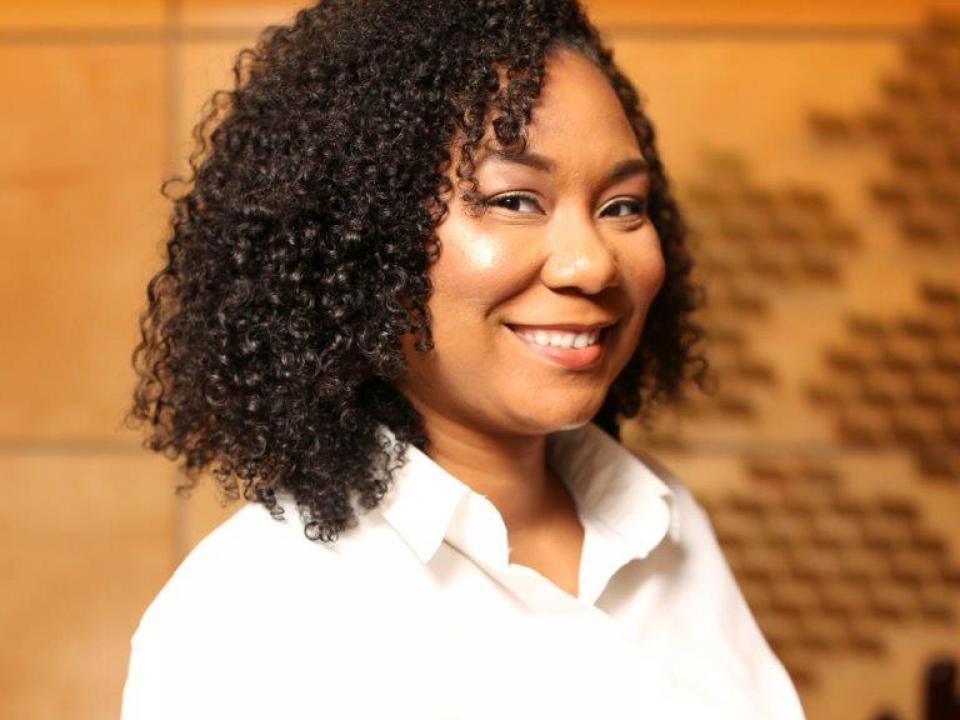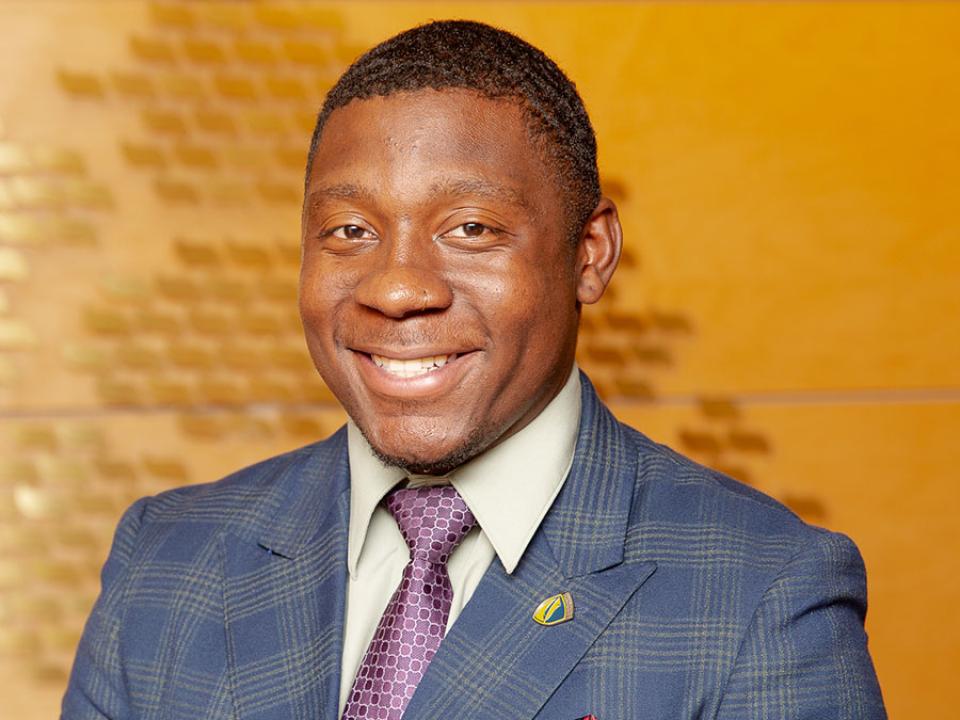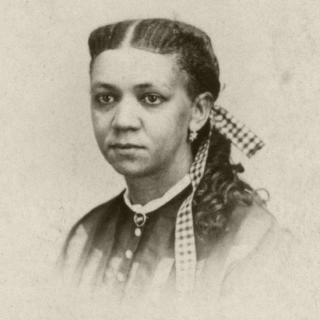What to Expect in Counseling at CCA?
What is Brief Counseling?
As a college student, it is common to experience stress, anxious feelings, challenges with managing academic demands and to just generally feel overwhelmed. Brief Counseling is a short-term psychotherapy method that addresses challenges like these in a solution focused way. Over 7 therapy sessions, the student and mental health counselor will meet inside the therapy office for one hour. During this one-hour session, the student and mental health counselor will discuss present challenges the student is facing and collaborate on ways to address these concerns.
Brief counseling is a great tool to learn individualized skills, such as relaxation techniques, problem solving skills, goal setting methods and coping strategies to target common challenges.
What to Expect in my first session with CCA?
Before meeting with a therapist, students will complete an assessment called CCAPS. This assessment is a brief questionnaire that assesses common challenges college students experience such as anxiety, family challenges, academic distress, peer challenges or substance use. Students will also be directed to sign paperwork explaining confidentiality. All paperwork is used to support students in reaching their individualized counseling goals.
A student's first scheduled appointment with the Center for Counseling and Accessibility (CCA) is called an Intake Appointment. During the intake appointment, you and your individual counselor will have an opportunity to disuses your reasons for seeking counseling. You and the counselor may explore things such as previous mental health challenges, present life stressor, relationships with your family and coping skills you are currently using.
The goal of an intake appointment is to establish a plan for supportive ways to address the student's concerns. This could be done in several ways:
- The student may return to the Center for Counseling and Accessibility for 7 sessions during each semester. The CCA follows a brief counseling model, teaching students helpful coping strategies, problem solving skills, emotional regulation and crisis management.
- The student may receive immediate support in finding a long-term therapist off-campus.
- The student may be referred to other supportive resources on campus or within the community to support their individual needs.
How to Prepare for my first session at CCA?
What do you want to accomplish?
This does not have to be a laser focused goal, but it’s helpful to have an idea of what you want to get out of the experience. Is there a problem you want to solve? Perhaps you want to gain insight or feedback about something. Maybe there is a pattern that you or others important to you have noticed.
Keep an open mind
Be open minded about the therapist while listening to your gut instinct. Counseling isn’t about always being happy, but people instinctively know when they find a good fit. Don’t underestimate the importance of finding the right fit.
Finding Your Fit
Think about what you would like in a therapist. What’s important to you in the therapist? Sex, gender, age. Is the format important, virtual or in-person. What availability fits your schedule, daytime, evenings, or weekends?







